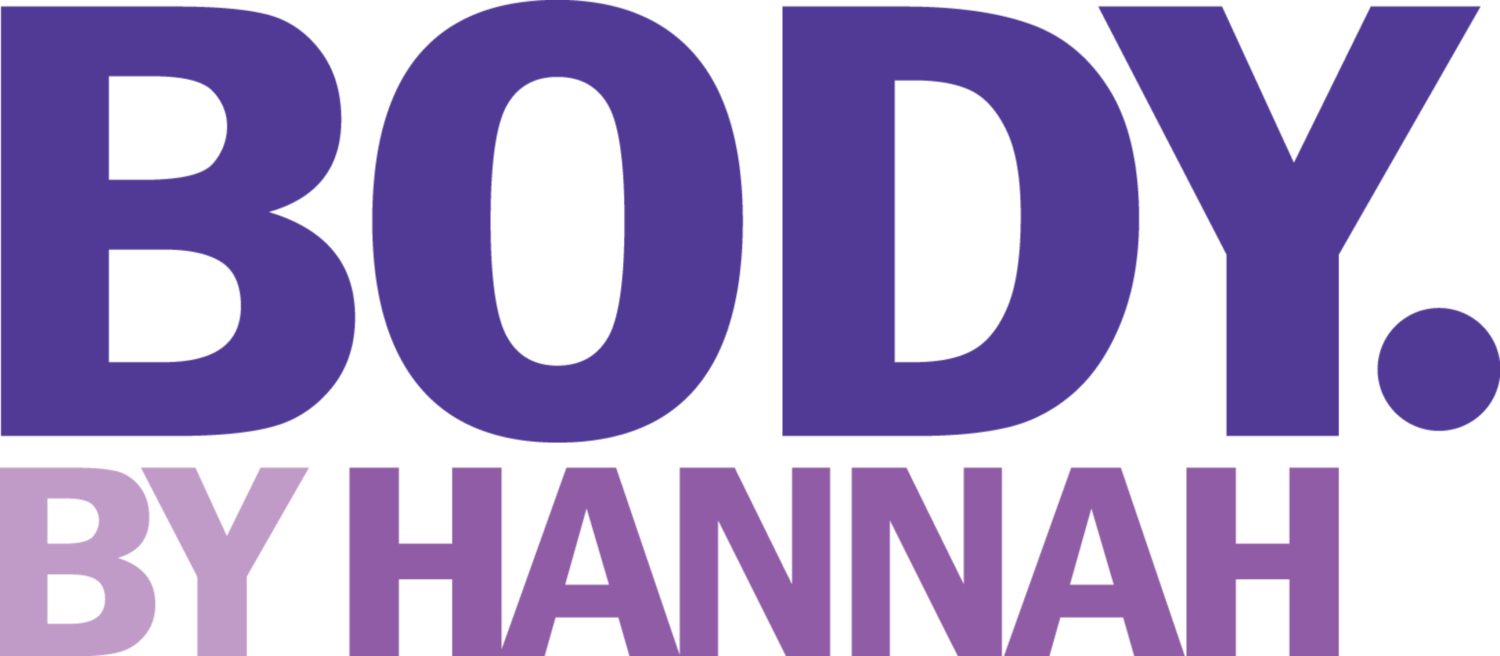Okay guys who’s doing “Dryanuary?!’ right now? Are you also getting crazy sugar cravings?! Navigating these cravings can be confusing and tricky. We’d love to give you our favorite tips & insights.
First, Understanding the Sugar Craving Phenomenon:
You're not alone in this struggle. The reason behind these cravings lies in our brain chemistry. Alcohol stimulates the release of dopamine, a "feel-good" hormone. This is the same hormone released when we consume sugar. So, when we reduce alcohol intake, our brains might crave a dopamine "hit" from another source, like sugar.
But it's not just about dopamine. Psychologist James Milam highlights in his book "Under the Influence" that a majority of people with alcohol use disorder tend to have low blood sugar levels or a tendency toward hypoglycemia. This condition can trigger cravings for sugar and carbs, similar to alcohol cravings.
So, what can you do about it, you ask?!
Knowing why these cravings occur is the first step in managing them. Structuring your food choices and meal planning can be a great help in fighting these cravings. But what if you're wondering whether it's okay to indulge in these sugar cravings? Our take is this: if indulging in sweets helps keep you off alcohol, it's a reasonable trade-off, at least initially.
The bigger picture: Alcohol, Blood Sugar, and Cravings:
Alcohol cravings are a major challenge in reducing or quitting drinking. They're often fueled by physiological changes, including fluctuations in blood sugar levels. For example, imagine you've planned to have just one drink with friends but end up having more. The initial blood sugar surge from the first drink makes you feel great, but as it drops, you crave more to maintain that level.
Eating to balance blood sugar:
Your diet plays a crucial role in managing blood sugar levels. Here are some food groups to focus on:
1. Protein: Essential for satiety and maintaining fullness. Include protein in every meal and snack, choosing from lean meats, seafood, eggs, dairy, nuts, beans, and legumes.
2. Healthy Fats: Important for hormone production and nutrient absorption. Opt for monounsaturated or polyunsaturated fats found in avocados, olive oil, nuts, and seeds.
3. Complex Carbohydrates: Unlike simple carbs, complex carbs have fiber that moderates blood sugar impact. Choose fruits, vegetables, and whole grains like brown rice and farro.
Here’s one of our favorite high protein blood sugar balancing recipes from the BBH Fit App!
You can find TONS more high protein meal plans here too!
Reducing alcohol intake isn't just about willpower; it's also about understanding and managing the body's responses, like sugar cravings. By focusing on balanced nutrition, you can support your journey towards healthier habits. Remember, it's a process, and being kind to yourself along the way is key!
Happy January friends, dry or wet, sweet or sour :)








